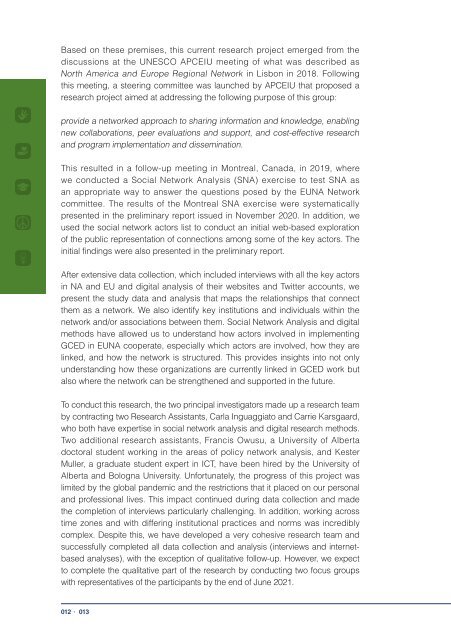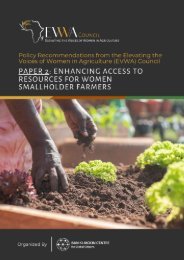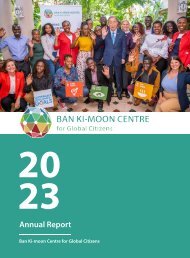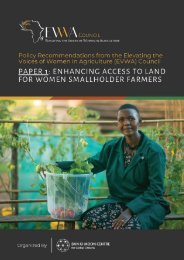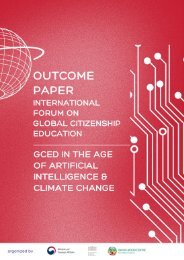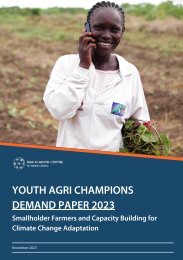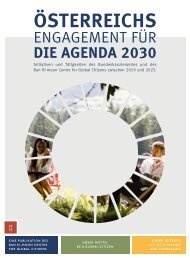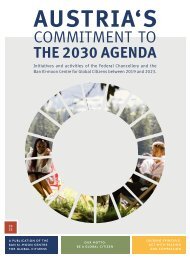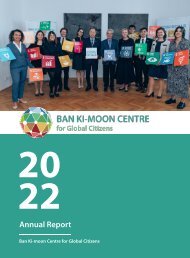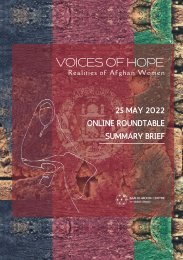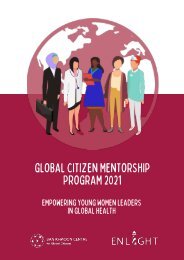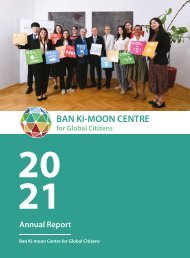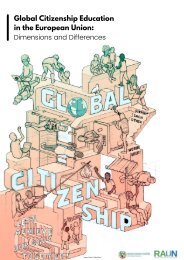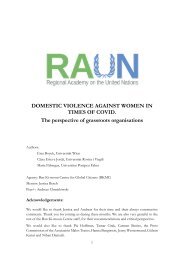Europe and North America Regional GCED Network
The report “Europe and North America Regional GCED Network” is based on a research project funded by Asia-Pacific Centre of Education for International Understanding (APCEIU) and Ban Ki-moon Centre for Global Citizens (BKMC) led by Lynette Shultz (Centre for Global Citizenship Education and Research, University of Alberta) and Massimiliano Tarozzi (International Research Centre on Global Citizenship Education, University of Bologna) as Principal Investigators. The research team was composed of Carrie Karsgaard and Carla Inguaggiato, with the support of Kester Muller and Francis Owusu.
The report “Europe and North America Regional GCED Network” is based on a research project funded by Asia-Pacific Centre of Education for International Understanding (APCEIU) and Ban Ki-moon Centre for Global Citizens (BKMC) led by Lynette Shultz (Centre for Global Citizenship Education and Research, University of Alberta) and Massimiliano Tarozzi (International Research Centre on Global Citizenship Education, University of Bologna) as Principal Investigators. The research team was composed of Carrie Karsgaard and Carla Inguaggiato, with the support of Kester Muller and Francis Owusu.
Create successful ePaper yourself
Turn your PDF publications into a flip-book with our unique Google optimized e-Paper software.
Based on these premises, this current research project emerged from the<br />
discussions at the UNESCO APCEIU meeting of what was described as<br />
<strong>North</strong> <strong>America</strong> <strong>and</strong> <strong>Europe</strong> <strong>Regional</strong> <strong>Network</strong> in Lisbon in 2018. Following<br />
this meeting, a steering committee was launched by APCEIU that proposed a<br />
research project aimed at addressing the following purpose of this group:<br />
provide a networked approach to sharing information <strong>and</strong> knowledge, enabling<br />
new collaborations, peer evaluations <strong>and</strong> support, <strong>and</strong> cost-effective research<br />
<strong>and</strong> program implementation <strong>and</strong> dissemination.<br />
This resulted in a follow-up meeting in Montreal, Canada, in 2019, where<br />
we conducted a Social <strong>Network</strong> Analysis (SNA) exercise to test SNA as<br />
an appropriate way to answer the questions posed by the EUNA <strong>Network</strong><br />
committee. The results of the Montreal SNA exercise were systematically<br />
presented in the preliminary report issued in November 2020. In addition, we<br />
used the social network actors list to conduct an initial web-based exploration<br />
of the public representation of connections among some of the key actors. The<br />
initial findings were also presented in the preliminary report.<br />
After extensive data collection, which included interviews with all the key actors<br />
in NA <strong>and</strong> EU <strong>and</strong> digital analysis of their websites <strong>and</strong> Twitter accounts, we<br />
present the study data <strong>and</strong> analysis that maps the relationships that connect<br />
them as a network. We also identify key institutions <strong>and</strong> individuals within the<br />
network <strong>and</strong>/or associations between them. Social <strong>Network</strong> Analysis <strong>and</strong> digital<br />
methods have allowed us to underst<strong>and</strong> how actors involved in implementing<br />
<strong>GCED</strong> in EUNA cooperate, especially which actors are involved, how they are<br />
linked, <strong>and</strong> how the network is structured. This provides insights into not only<br />
underst<strong>and</strong>ing how these organizations are currently linked in <strong>GCED</strong> work but<br />
also where the network can be strengthened <strong>and</strong> supported in the future.<br />
To conduct this research, the two principal investigators made up a research team<br />
by contracting two Research Assistants, Carla Inguaggiato <strong>and</strong> Carrie Karsgaard,<br />
who both have expertise in social network analysis <strong>and</strong> digital research methods.<br />
Two additional research assistants, Francis Owusu, a University of Alberta<br />
doctoral student working in the areas of policy network analysis, <strong>and</strong> Kester<br />
Muller, a graduate student expert in ICT, have been hired by the University of<br />
Alberta <strong>and</strong> Bologna University. Unfortunately, the progress of this project was<br />
limited by the global p<strong>and</strong>emic <strong>and</strong> the restrictions that it placed on our personal<br />
<strong>and</strong> professional lives. This impact continued during data collection <strong>and</strong> made<br />
the completion of interviews particularly challenging. In addition, working across<br />
time zones <strong>and</strong> with differing institutional practices <strong>and</strong> norms was incredibly<br />
complex. Despite this, we have developed a very cohesive research team <strong>and</strong><br />
successfully completed all data collection <strong>and</strong> analysis (interviews <strong>and</strong> internetbased<br />
analyses), with the exception of qualitative follow-up. However, we expect<br />
to complete the qualitative part of the research by conducting two focus groups<br />
with representatives of the participants by the end of June 2021.<br />
012ㆍ 013


